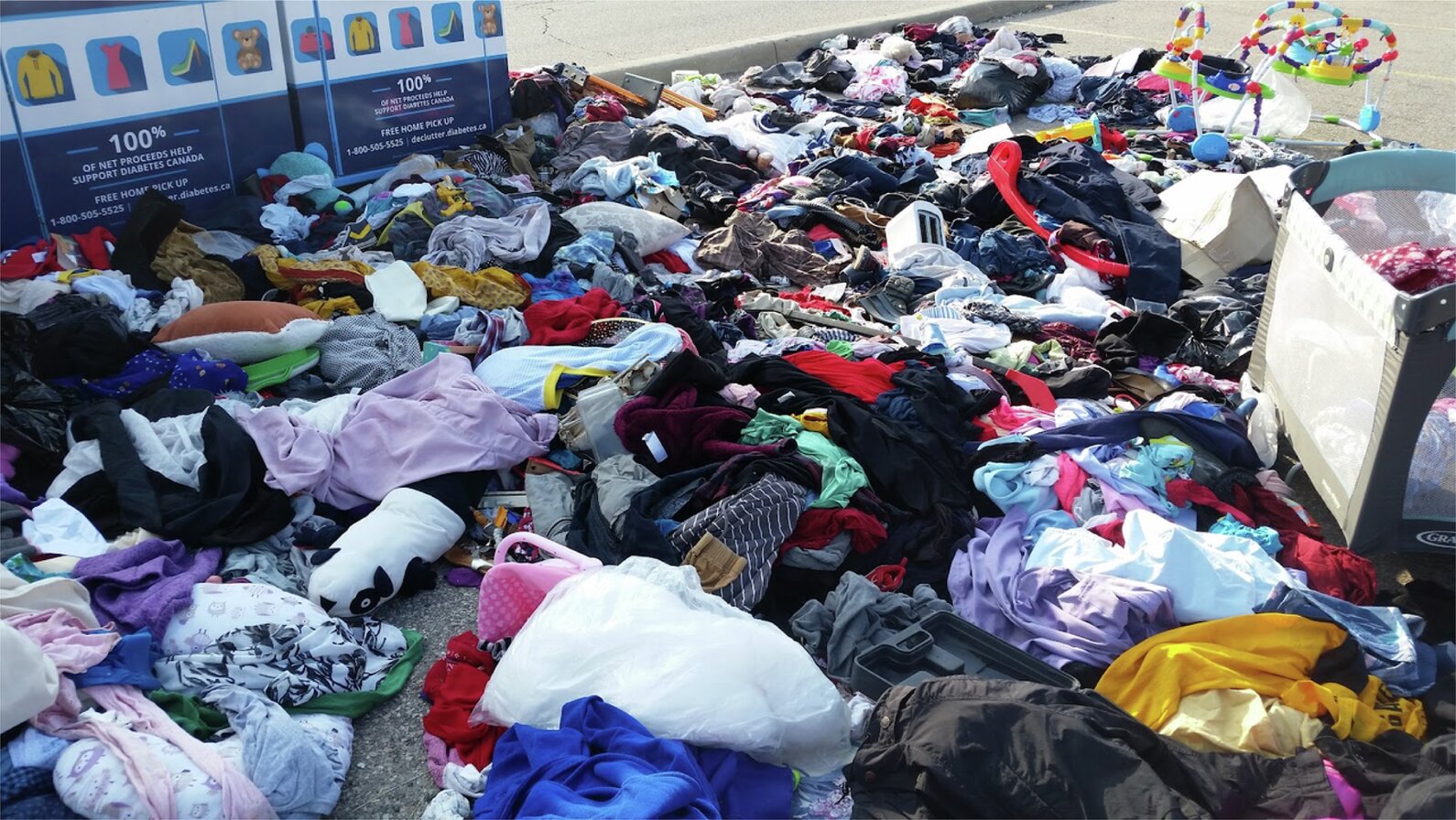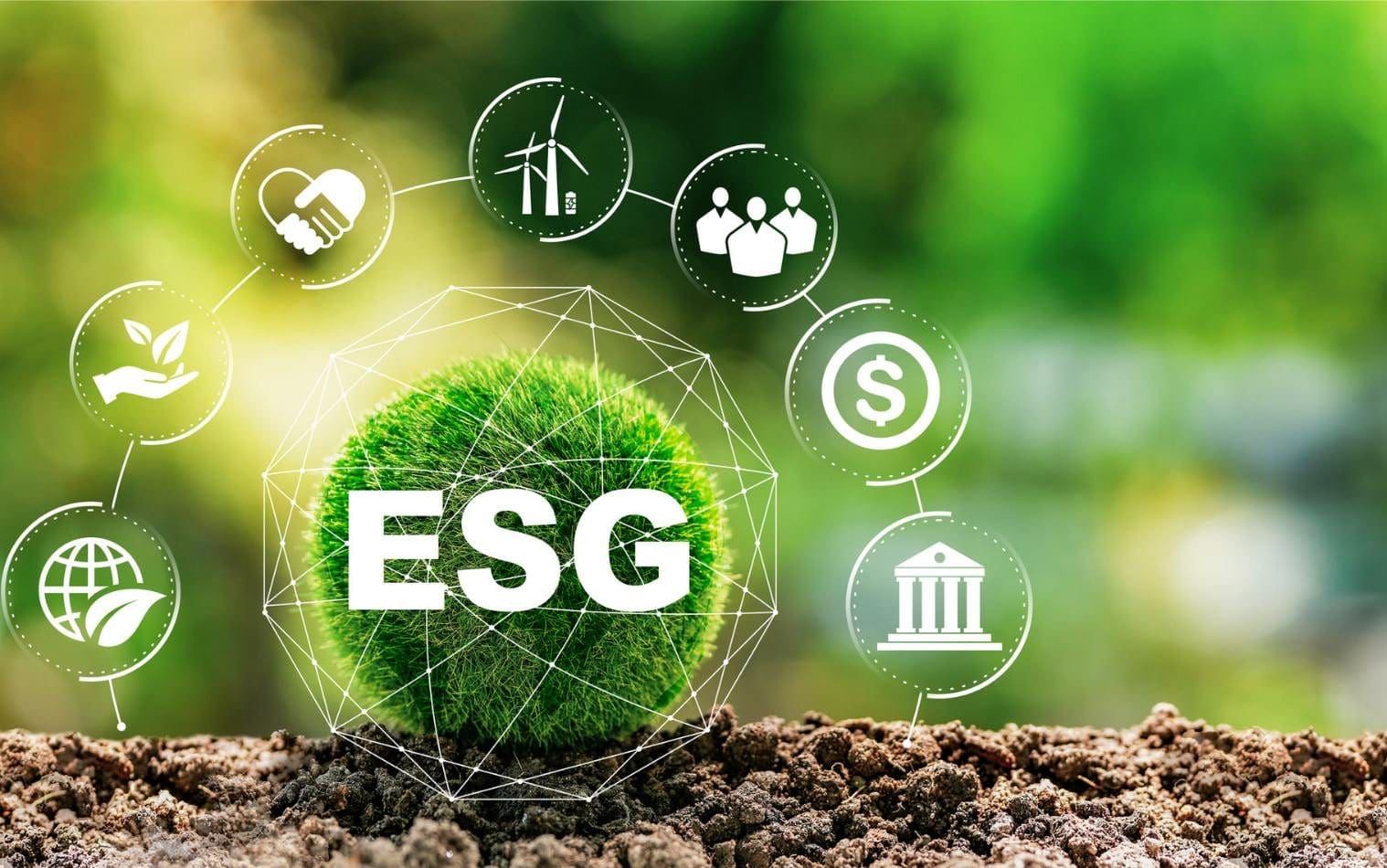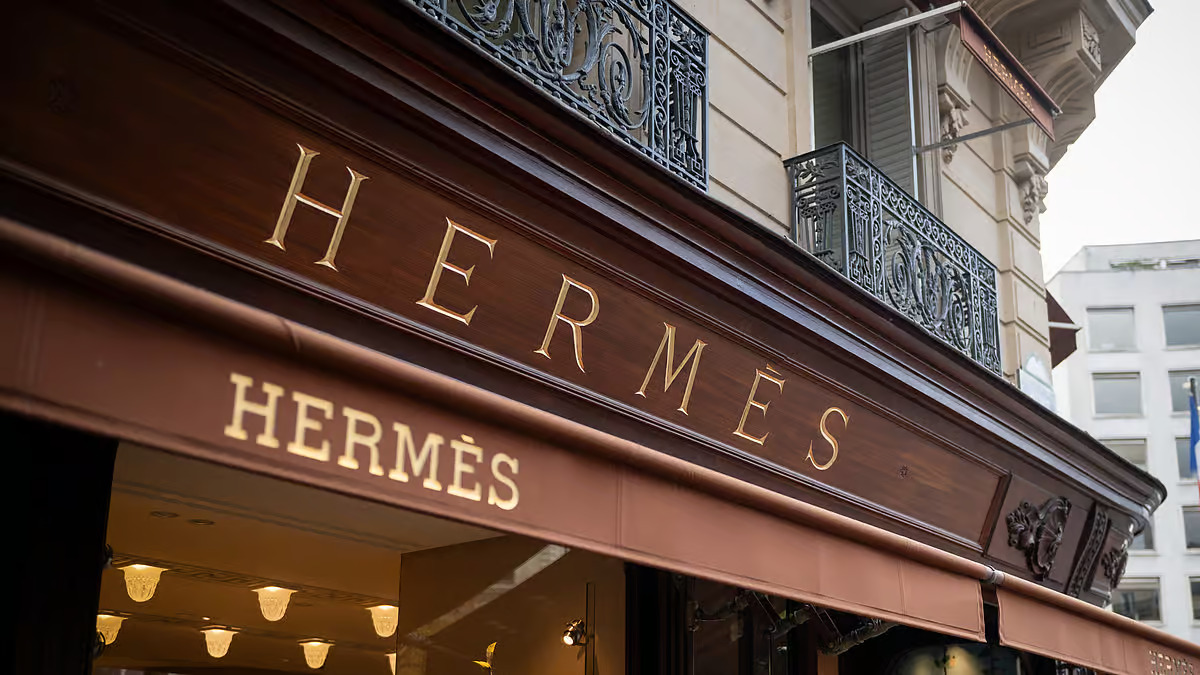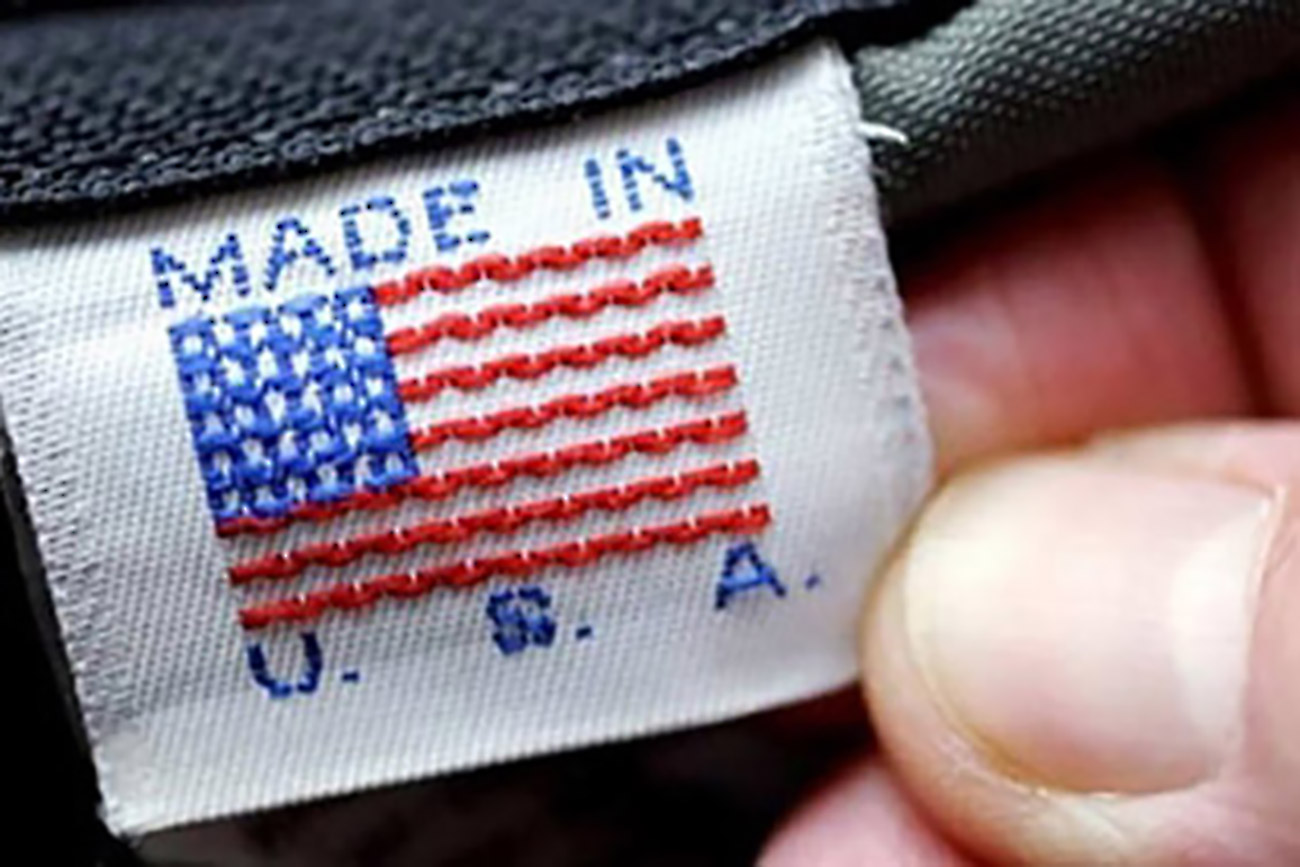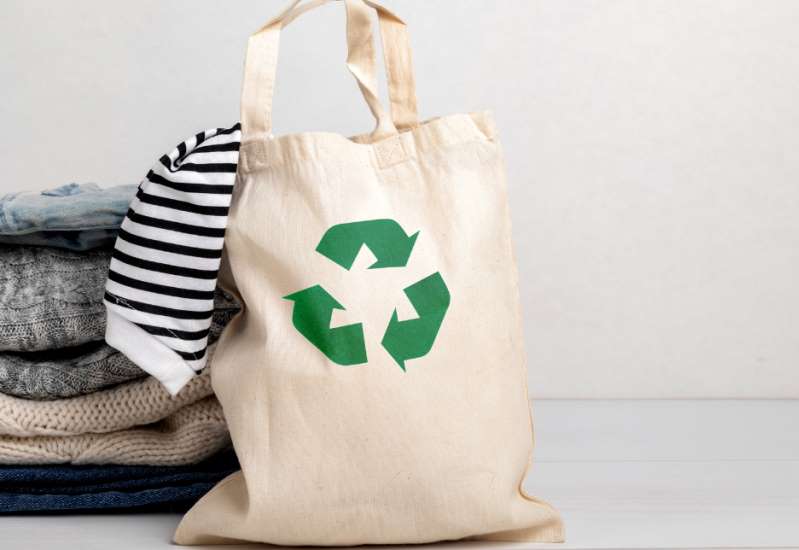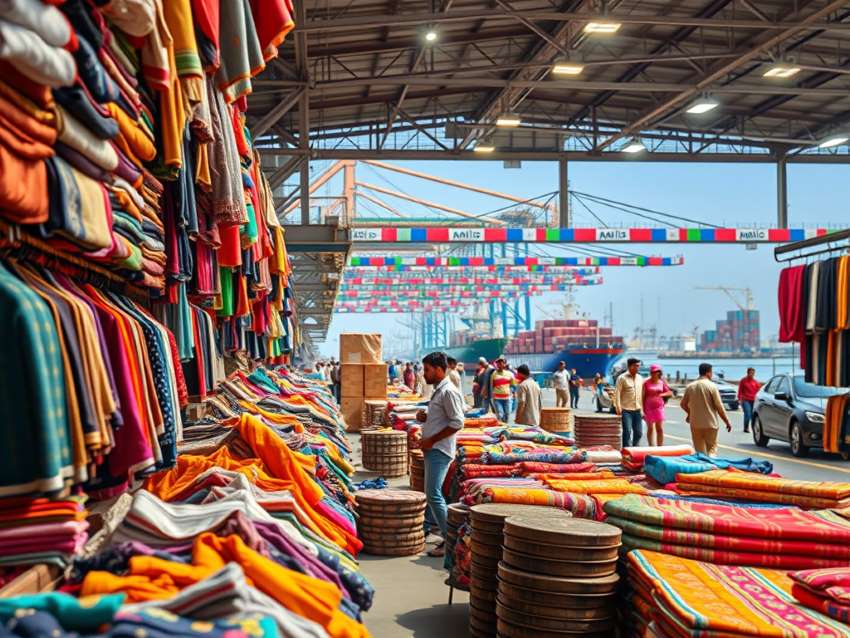India's technical textiles exports are poised for significant growth in the upcoming years, as the country is only just beginning to tap into this sector, according to Badresh Dodhia, Chairman of the Synthetic and Rayon Textiles Export Promotion Council (SRTEPC).
Within the realm of man-made fibers (MMF), technical textiles currently constitute 30 percent of total exports, signaling the early stages of India's foray into this field. Technical textiles are essential components in various industries, including sportswear, fire-resistant materials, geo-textiles, construction, agro-tech, industrial technology, and home furnishings.
Germany currently holds the lion's share, accounting for 60 percent of the global technical textiles market. These textiles are renowned for their exceptional strength, surpassing even that of steel, and find applications in industries like rocket manufacturing.
Dodhia emphasized that technical textiles could serve as the driving force behind MMF exports. In contrast, India's textile exports have traditionally been dominated by cotton, comprising 60-65 percent of the total. This contrasts with the global market, where MMF makes up 70 percent of total textile demand. India's lower share in the textile export market presents an opportunity, and the country could become a preferred supplier of MMF.
Over the past five years, there has been a consistent 10 percent Compound Annual Growth Rate (CAGR) in MMF demand, following a period of stagnation from 2014 to 2018. Dodhia attributed this growth to increasing awareness among Indian consumers, which has reduced the need for export incentives.
The Indian government is also playing a role in promoting the growth of the MMF sector. The Ministry of Textiles has urged the association to develop a brand that represents MMF in the global market, similar to the Kasturi brand for cotton. Additionally, the government has launched the Productivity-Linked Incentive (PLI) scheme in the MMF sector, which has been successful in promoting growth.
Unlike cotton, MMF prices are less volatile and are influenced by crude oil prices. This stability, coupled with the sustainability factor of MMF, makes it an attractive option for the textile industry. MMF is recyclable, and Prime Minister Narendra Modi's endorsement of a jacket made from waste plastic bottles has given a significant boost to the sector. Furthermore, MMF is being utilized in the uniforms for legislative staff in the new Parliament building.
Overall, the outlook for India's technical textiles exports is positive. The country has the potential to become a major player in this sector, given its strong MMF foundation and government support.

